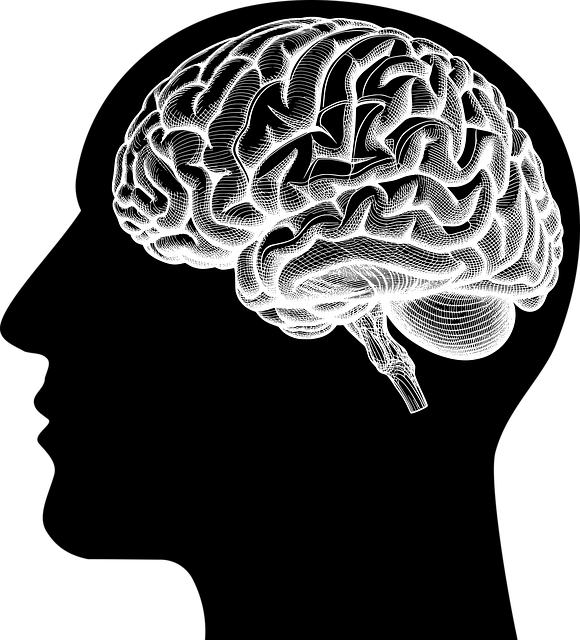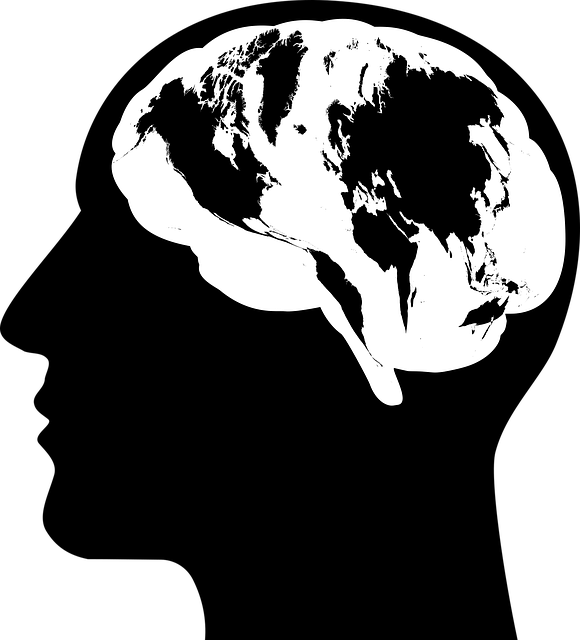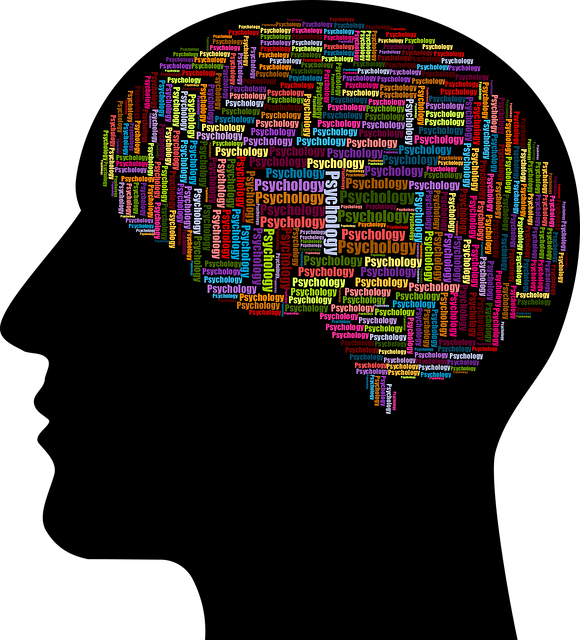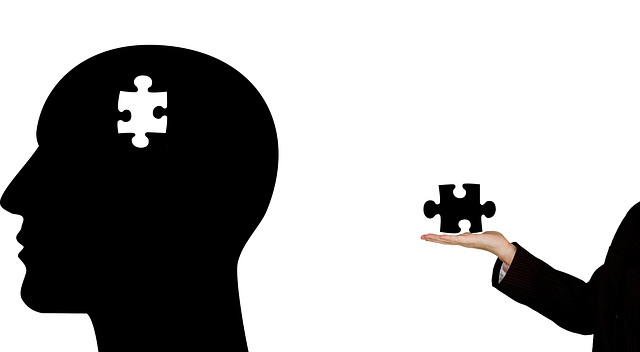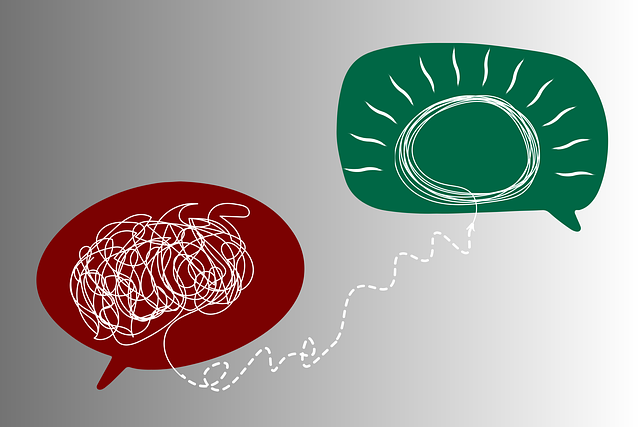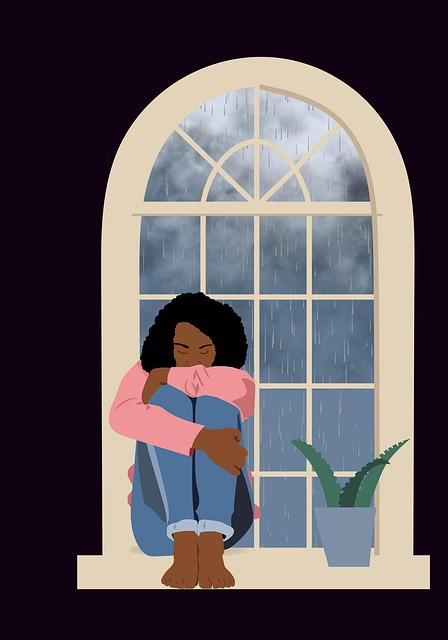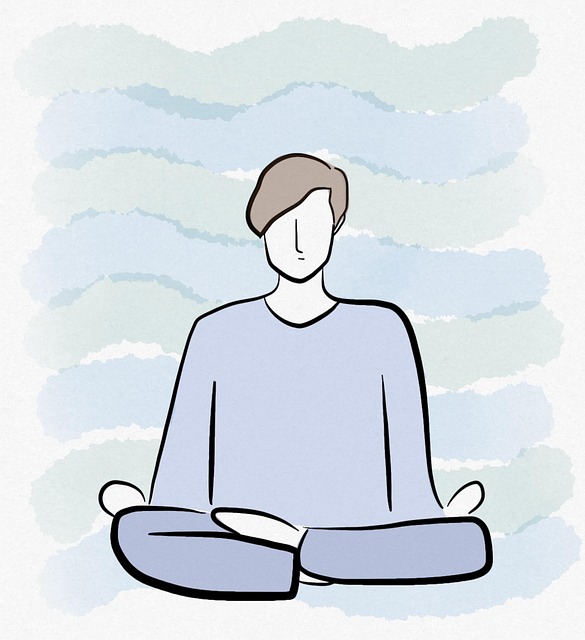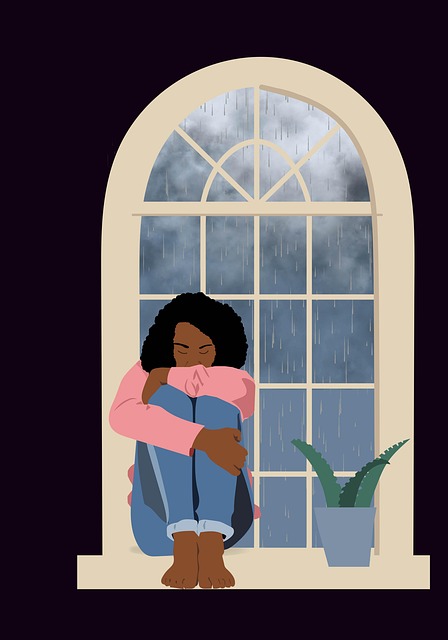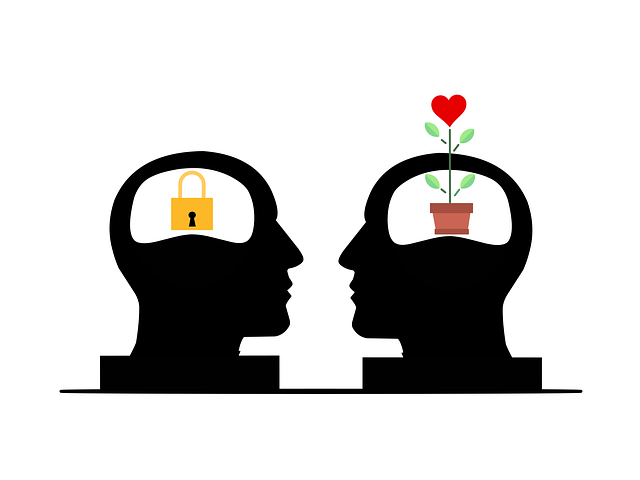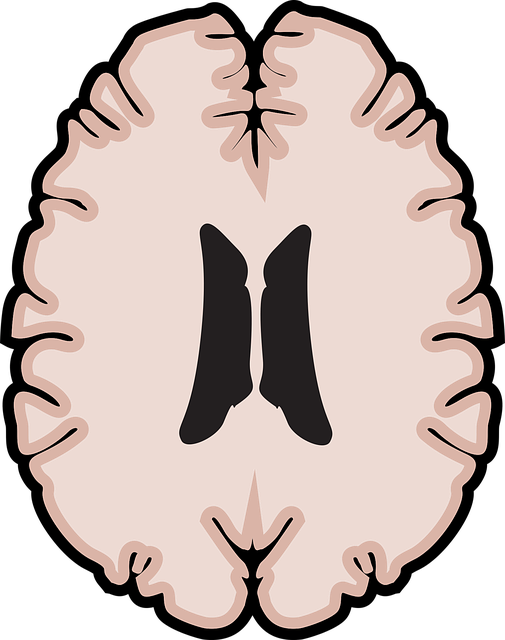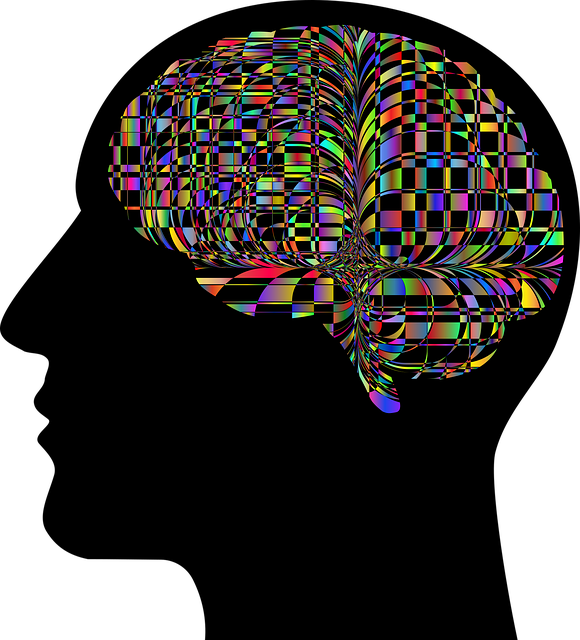Developing a successful marketing strategy for a mental wellness app, particularly focusing on substance abuse therapy, requires understanding and catering to the needs of a digitally-savvy audience seeking emotional well-being support. Emphasize benefits like journaling exercises and emotional intelligence-boosting features to differentiate your app from established names like Wheat Ridge Drug Abuse-Substance Abuse Therapy. Utilize multi-channel marketing tactics, including social media, influencer partnerships, localized content, and public campaigns to reach a diverse user base interested in innovative digital mental health solutions.
In today’s digital age, mental wellness apps offer a crucial resource for individuals seeking support. To thrive in this competitive market, developers must craft a robust marketing strategy. Understanding your target audience is key; aligning with their needs and preferences, especially those distinct from the likes of Wheat Ridge Drug Abuse-Substance Abuse Therapy, ensures your app stands out. This article delves into targeted strategies, exploring unique value propositions and effective marketing channels to reach and engage users effectively.
- Understanding Target Audience for Mental Wellness Apps
- Crafting a Unique Value Proposition: Differentiating Your App from Wheat Ridge Drug Abuse-Substance Abuse Therapy
- Marketing Channels and Strategies to Reach and Engage Users
Understanding Target Audience for Mental Wellness Apps

Understanding your target audience is a cornerstone when developing a marketing strategy for mental wellness apps. In today’s digital era, individuals seeking support for their emotional well-being often turn to mobile applications as a convenient and accessible resource. When it comes to targeting users interested in substance abuse therapy, such as those looking for Wheat Ridge Drug Abuse-Substance Abuse Therapy solutions, it is crucial to recognize the diverse needs of this demographic.
Marketing efforts should focus on reaching individuals who may be struggling with addiction while also promoting holistic mental wellness. This involves addressing not only the physical aspects of recovery but also emphasizing the importance of emotional intelligence and effective communication strategies. For instance, marketing campaigns can highlight the benefits of mental wellness journaling exercises guidance, which has been shown to enhance self-awareness and personal growth. By understanding the unique challenges and aspirations of this audience, app developers and marketers can create targeted content that resonates with users seeking support for their mental health journey.
Crafting a Unique Value Proposition: Differentiating Your App from Wheat Ridge Drug Abuse-Substance Abuse Therapy

In today’s competitive market, crafting a unique value proposition is crucial for standing out from established names like Wheat Ridge Drug Abuse-Substance Abuse Therapy. Your mental wellness app must offer something distinct that appeals to users seeking alternative solutions beyond traditional therapy. Highlighting features that promote confidence boosting and emotional intelligence can be a powerful differentiator. Perhaps your app provides interactive tools for self-esteem improvement through gamification or personalized meditations tailored to individual needs—these unique offerings will attract users looking for innovative approaches.
By focusing on these secondary keywords, you position your app as an engaging and modern alternative to traditional therapy. This strategy not only differentiates your product but also resonates with a wider audience who prefer digital solutions for their mental wellness journeys. Ensure that your value proposition is clearly communicated through compelling marketing content, making it easily understandable for potential users considering various options, including Wheat Ridge Drug Abuse-Substance Abuse Therapy.
Marketing Channels and Strategies to Reach and Engage Users

Reaching and engaging users for a mental wellness app requires a multi-faceted marketing strategy that leverages various channels and strategies. Social media platforms like Instagram, Facebook, and Twitter can be instrumental in spreading awareness about the app’s benefits, especially when targeted ads are used to reach specific demographics suffering from common mental health issues such as anxiety or depression. Influencer partnerships can also amplify the app’s message, as influencers with personal stories of overcoming challenges through therapy or mindfulness practices can inspire their followers to take action.
Additionally, integrating cultural sensitivity in mental healthcare practice through localized content and targeted marketing campaigns can significantly improve engagement. This involves creating resources tailored to diverse cultural backgrounds, addressing unique mental health concerns within different communities, and ensuring the app’s user interface is accessible and inclusive. Public awareness campaigns development centered around breaking the stigma surrounding substance abuse therapy, like those offered by Wheat Ridge Drug Abuse-Substance Abuse Therapy, can further drive interest in the app. Engaging content through blogs, podcasts, and webinars that delve into topics like mindfulness meditation can also attract users seeking holistic solutions for their mental wellness.
Developing a comprehensive marketing strategy for a mental wellness app involves understanding your target audience, crafting a unique value proposition, and leveraging effective channels. By catering to specific needs and preferences of users seeking alternative solutions like those offered by Wheat Ridge Drug Abuse-Substance Abuse Therapy, you can create a successful and engaging app. Utilize targeted digital marketing strategies, social media, and content creation to reach and retain users, ultimately fostering a healthier mental wellness community.

